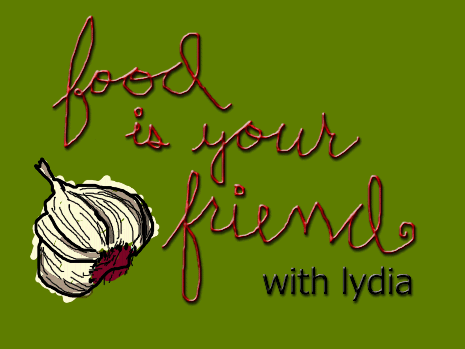I'm reading the Redwall books by Brian Jacques right now, which have their flaws but are really great reading all the same. If you like food, they're worth reading just for all of the mousewatering - uh, mouthwatering recipes the forest creatures come up with (there's even a Redwall cookbook which I'd really love to have).
Here are my only questions:
1) Where are they getting the milk for all of the butter, cream, and cheese that they eat? There's no way a mouse can milk a goat, and given the amount of interspecies tension in these books, I doubt a goat would allow it. Goats are probably one of those Warlike Creatures the mice are xenophobic about. Are they stealing from human farmers? "Goatsmilk cheese" has been referenced at least once, but is there some other animal they're milking? Are they milking badgers? This, like "What was the noodle incident?", is one of those questions I guess you're just not supposed to ask an author.
2) Why do the Redwall mice get to be so damned self-righteous about never harming another creature on one page, and then go fishing the next? Why are weasels which prey on land animals evil, but otters which prey on sea creatures good? (HINT: It's because otters are cute.) I'm a bit of a hypocrite in saying this, because I don't eat meat of the land or the air but do scoff the occasional shrimp -- but I feel bad about it afterwards, and I'm not self-righteous about it. And I have an evolutionary reason for wanting a little fish in my diet, especially if you go with the Aquatic Ape Hypothesis. Mice and hares and moles don't even EAT fish in the wild! (Of course, neither do they wield swords, play musical instruments or wear habits.) Also, what about the badgers? Badgers are in the weasel family and eat mice, frogs and birds. Don't Constance and Mother Mellus and Lord Rawnblade ever look at those mice a little too hungrily when the mouse chef is a little too tardy in bringing out the hazelnut bread and redcurrant tart? This is another one of those questions you're not supposed to ask. I think it may be a cultural thing, as it seems like Europeans tend to think of "fish" and "meat" as two different categories more often than Americans do. This was certainly true in Spain, where I decided to abandon my dietary isms for a semester to make it easy on my host parents. (Actually, one time I said "I'm really going to miss Spanish ham when I go back to the US and stop eating meat." "Why can't you eat ham?" they said. "Well -- I'm not going to eat meat anymore after I leave," I said. "But ham isn't meat! Ham is ham!" they replied. Same with sausage and sobrassada. I had a hard time figuring out their definition of meat after that.)
I think the real problem is that I'm sore about the libelous nature of these books because I've had both rats and mice as pets. My mouse was stupid, dirty and incredibly smelly for its size. The many rats I've had, by contrast, were sweet, engaging, clever and much cleaner in comparison. And let's not talk about my love of the family mustelidae and its condemnation (except for otters and badgers) in the Redwall universe. I get that he's just using the different species as ways to represent different types of people, but it strikes me as too easy, which is the same thing that bothers me about the Harry Potter books -- characters should have to do something to be evil, instead of just being labeled as "Slytherin" or "Rat" and acting accordingly. Ah well. They're both still really fun to read!
Wednesday, October 14, 2009
Redwall quandaries
Labels:
evil,
fish,
harry potter,
meat,
rats,
redwall,
vegetarianism,
weasels,
xenophobia
Subscribe to:
Post Comments (Atom)


No comments:
Post a Comment